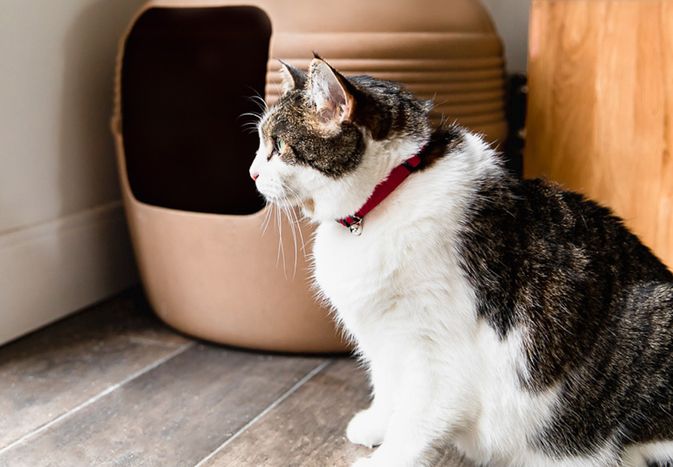
Why Is My Cat Pooping Outside The Litter Box? Potential Causes and What To Do About It
Why is my cat pooping outside the litter box? Cats poop in the house for several reasons,...
Prepare financially for any unexpected sick pet visits, so you can be in a better position to provide for your pet with the best care without feeling the financial stress. Caring for a pet can often be expensive, especially when they fall ill, so we've created a list of some helpful tips to help you plan accordingly.
Before bringing home a new pet, think about what type of pet you would like to have. Do you want a cat, dog, or another type of pet? Do you want a small pet or a large pet? Do you want to bring home one pet or two? Is your new pet going to require special care like more frequent grooming? Do you have your eye on a breed that is prone to pricey health issues? Figuring out what you want ahead of time will give you a better idea of how to prepare for tough situations.
Once you know what type of pet you would like to bring home, it’s now time to create a rough yearly budget. Just as you would create a budget for your household, consider making one for pet care costs. If you have a favorite household budget template, just substitute pet care items. For example, one-time costs may include adoption fees, initial veterinary visit, crate, litter box, spaying/neutering/microchip. Ongoing costs will include food, veterinary visits for annual visits and medical issues, vaccinations, prevention, and grooming.
Other costs to consider are pet insurance, pet savings fund, travel costs, boarding/pet sitting, and money for emergencies. Understanding the true costs of owning a pet and veterinary care will hopefully give you a better understanding of what responsibilities you are about to take on.
Sign up for a pet insurance plan as soon as your pet steps foot in your home. If you are adopting, some shelters/rescues will provide a short-term pet insurance policy. Pet insurance differs from human insurance in that you will pay the animal hospital for services and the insurance company will reimburse you directly. Pet insurance is most effective when your pet experiences an emergency, but some companies have options available for routine care. There are many choices available, so do your homework and choose the right plan for you and your pet.
Consider setting up a pet savings plan to help put money toward those unexpected expenses. Figure out what you can comfortably save each month, and either contribute money to a bank savings account or designate an envelope specifically for pet expenses. Saving money in a bank savings account may keep you from taking money away from your designated envelope. Even with pet insurance, having money set aside can help with immediate costs while you wait to be reimbursed.
If your pet needs immediate care and you are not prepared for the additional expense, here are a few suggestions:
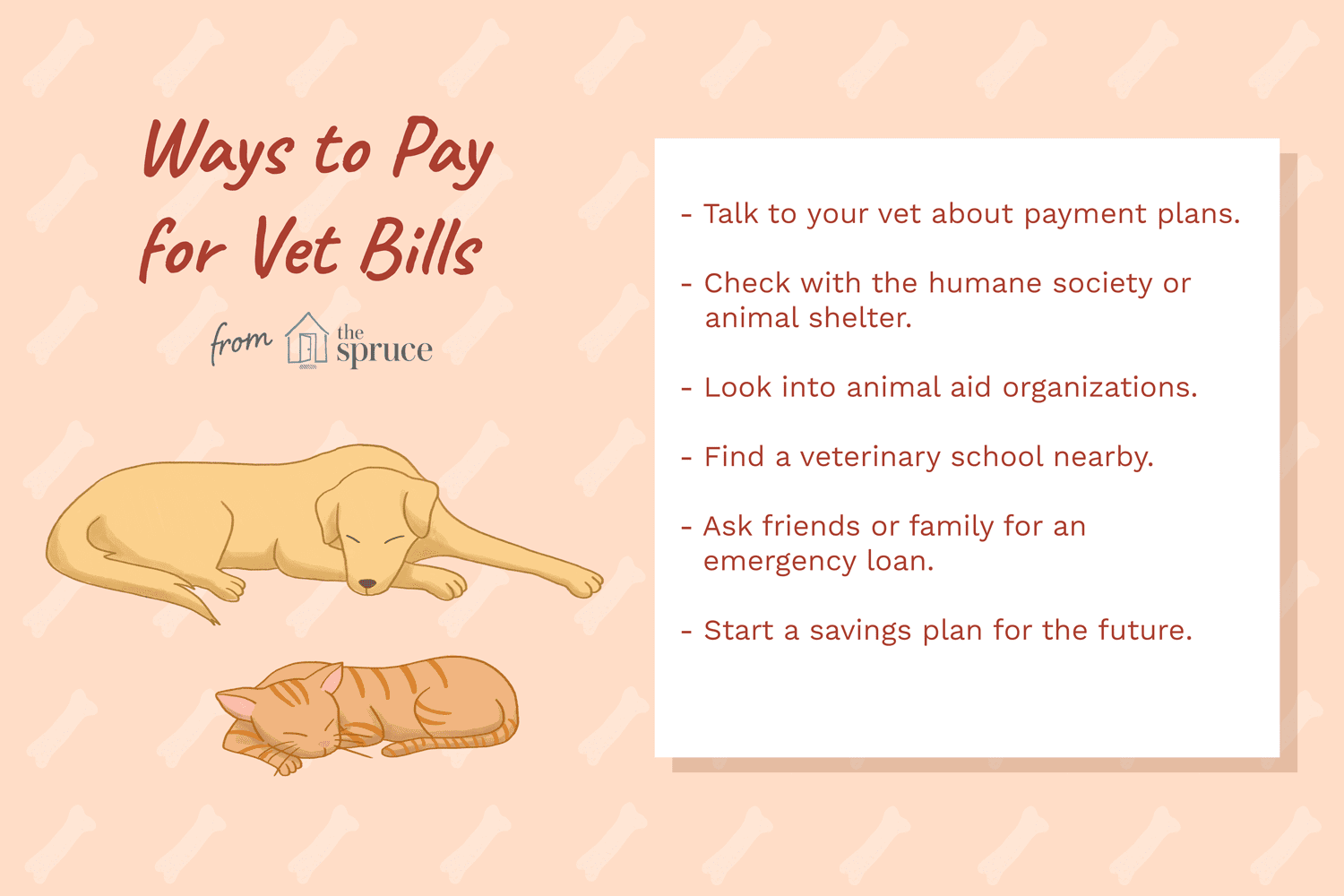
If you are not in a financially tough situation, donating funds to your favorite rescue organization or your vet office's emergency pet fund will help other animals in need. This is a great way to pay it forward and to help those less fortunate.

Why is my cat pooping outside the litter box? Cats poop in the house for several reasons,...

Who doesn’t love a heaping bowl of spaghetti? Quite possibly one of the most popular st...
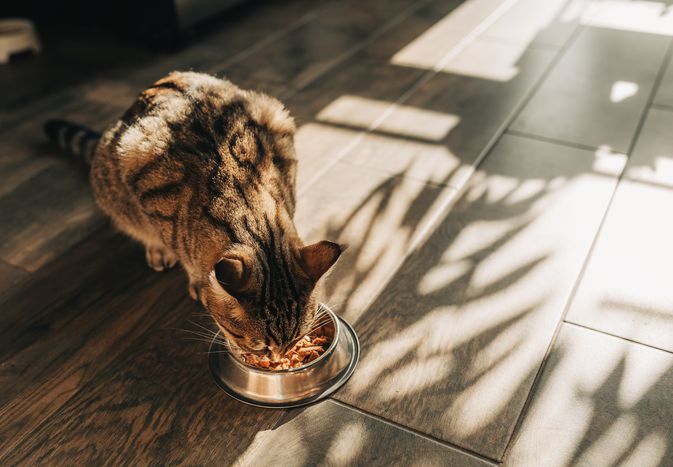
Sweet potatoes are a popular staple veggie in many households, especially during the fall...

When facing the imminent death of a terminally ill beloved cat, or when a feline companio...
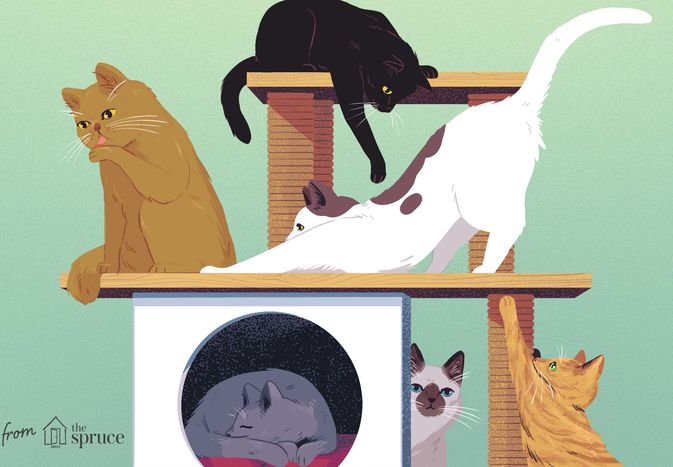
Knowing how to tell if a cat is a boy or a girl isn't always as apparent as you'd...

Ticks are abundant in wooded and grassy areas where cats like to roam. When a cat passes ...

Ear mites in cats are common, contagious parasites that cause the ears to produce a waxy ...
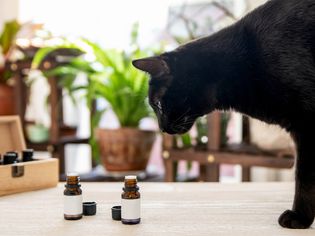
Essential oils, aromatherapy, and potpourri in your home may be pleasant f...

With their vivid red flowers and lush green foliage, poinsettias are synonymous with the ...
Comments on "How to Prepare Financially for Sick Pet Visits" :